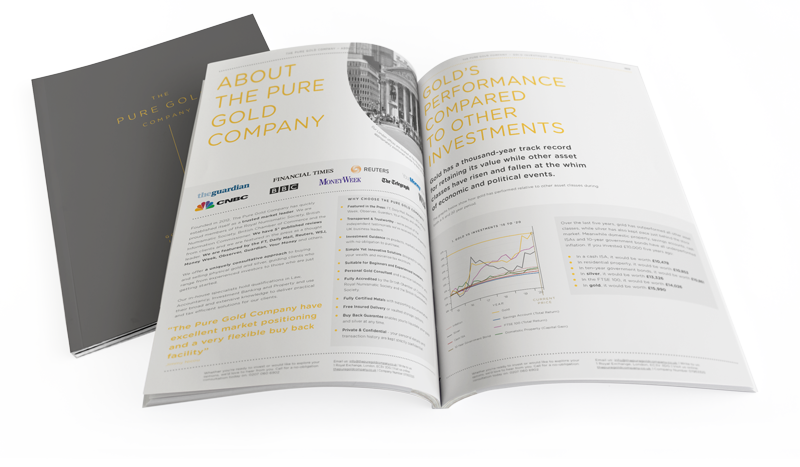The Coronavirus pandemic delivered a sudden and unexpected shock to every part of global society, and the dramatic economic impact could not have been foreseen. Global markets plunged, and recessions were foretold, but only a couple of months on those markets started to recover amid the optimism of easing restrictions.
Now, an eerie sense of déjà vu has returned to the UK, with a prime-time prime ministerial address on new government restrictions. The fear of a second wave and renewed lockdown rules have spooked the markets again, and any nascent recovery in retail, hospitality or the property market is under threat.
Was the optimism even justified?
Even though markets clawed back some of their COVID losses after the initial lockdown shock (more so in the US where tech stocks skew the indices), was the optimism ever really justified?
The billions spent by governments to support people and businesses hit by the lockdown is gradually being phased out, which means the true devastation of the corporate sector will be laid bare when furloughed staff are made redundant. The furlough coronavirus job retention scheme may be extended, but if it is then the government will add further billions to its debt pile, and if it isn’t, the job market will be severely affected.
The current new restrictions don’t look particularly draconian in comparison to the full lockdowns earlier in the year, but their implications will still be felt far and wide. The hospitality industry has arguably been hit hardest (or at least as hard as the tourism industry). The new measures to close pubs and restaurants at 10 pm will further limit their ability to recoup some of the losses of the last six months.
Work from home
It wasn’t long ago people were being encouraged to return to work where it was safe to do so, to underpin the local economies around offices. The reiterated work from home message has put paid to these plans; however, worsening the outlook for small businesses dependent on commuter spending.
Learning from France and Spain
The second wave of coronavirus cases is already being felt keenly in countries like France and Spain, which have always been a couple of weeks ahead of the UK in their COVID trajectories. As these countries start to impose stricter lockdown measures again, it seems almost inevitable that the UK will need to do more to curb the outbreak. Only Sweden, who chose to eschew lockdown, appears to be sidestepping a second wave having built up herd immunity.
Darkening economic horizon
The economic outlook is darkening again. Even before the new COVID restrictions were announced, indicators pointed to a slowdown in the recovery that had started as lockdown eased. “The UK economy lost some of its bounce in September, as the initial rebound from COVID-19 lockdowns showed signs of fading” according to the latest Markit PMI indicators.
Physical Gold And Pensions
Discover the benefits of investing in physical gold through your SIPP with our handy guide.

Equities have been volatile since the resurgence in COVID infections. The FTSE 100 lost 3.4% the day before prime minister Boris Johnson announced the latest restrictions in England, with airlines and hospitality companies bearing the brunt of the declines. Meanwhile, the property market has made a substantial recovery from the complete shut down in March and April. However, the risk remains that redundancies and an end to the stamp duty holiday in March 2021 could ultimately be a drag on the market.
Inevitable job losses?
Redundancies are a genuine risk for many people and will have a profound effect on the economic health of the country. With the furlough scheme nearing its end, and 200,000 redundancies already announced across hard-hit sectors like airlines, hospitality and retail, the true extent of the job market rout has not yet been laid bare.
Gold Investment shines amid uncertain assets
The uncertain outlook is affecting all asset classes, some in opposite directions. Where the UK stock market remains over 20% below pre-COVID levels, gold is up a similar amount in sterling terms. Demand has been strong and growing throughout the pandemic as investors look to hedge against other asset class declines and take refuge in safe-haven gold.
Outlook for Gold beyond 2020
The outlook for gold demand remains strong. Even when the dollar strengthened, and gold prices slackened over news that interest rates in the US could be raised sooner than expected, there remained compelling reasons to expect that the precious metal is holding its own. Goldman Sachs sees gold prices at $2300 in the next 12 months, while Bank of America Merrill Lynch said in August that it expects gold to reach $3,000 an ounce by 2022.
When the first lockdown caused market panic and demand for the precious metal surged, supply was squeezed, and some investors found themselves on waiting lists to buy physical gold coins and gold bars.
Demand is still strong, but the constraints are not as tight, yet. If the UK sees further lockdown measures that restrict economic recovery, the scramble to buy gold will begin again in earnest and shortages will lead to more waiting lists. If the experience of the last six months has taught us anything, it’s that we’ve been here before.


